Dhaka, April 7 (V7N) - On World Health Day, the United Nations Population Fund's (UNFPA) executive director and another from the regional director called for urgent action to address preventable maternal deaths.
In a recorded statement played at the Regional Celebration Event for World Health Day, Pio Smith applauded the progress made in the Asia-Pacific region, where maternal mortality rates have dropped by two-thirds over the past two decades. However, the reality is far from equitable. Southern Asia alone accounted for 43,000 maternal deaths in 2023, with nearly 150 women dying daily from preventable causes—more than six lives lost every hour.
Smith emphasized that while progress is visible, it remains too slow and uneven. He cited the dire consequences of crises, such as funding cuts in Afghanistan that have left 6.3 million women without essential maternal health services and the situation in Myanmar, where over 100,000 pregnant women are in need of urgent care in the aftermath of a devastating earthquake.
He called for global investment in midwifery education, noting that there is a severe shortage of trained midwives in Asia-Pacific, with at least 200,000 more needed. Smith underlined that midwives could prevent up to 40% of maternal and newborn deaths, which makes investment in midwifery programs a critical intervention.
He also said: "We also support countries in implementing Maternal and Perinatal Death Surveillance and Response Systems, ensuring that every maternal death is counted, analyzed, and used to drive life-saving improvements."
Dr Natalia Kanem, in her statement for World Health Day, echoed the urgency and importance of addressing preventable maternal deaths. While recognizing the global decline in maternal mortality by 40% since 2000, Kanem pointed out that significant disparities persist, especially in regions with weak health systems or ongoing conflict. In conflict-affected areas, women are twice as likely to die from pregnancy and childbirth complications compared to the global average.
Kanem also emphasized the importance of quality maternal care, stating that poor-quality care causes half of maternal deaths worldwide. She underscored the critical need to address shortages of essential medicines, equipment, and trained personnel. Furthermore, inequities tied to income, race, and location continue to deprive many women of necessary care, even in wealthier countries.
On this World Health Day, Kanem called for a global commitment to eliminate preventable maternal deaths, emphasizing that midwives play an essential role in detecting risks and managing complications. Despite evidence showing that expanding midwifery care could avert two-thirds of maternal and newborn deaths, there is a significant global shortage of nearly 1 million midwives.
"On this World Health Day, let us prioritize investments so that we reach zero preventable
maternal deaths," Kanem urged.
Both statements come as part of the release of the World Health Organization's Trends in Maternal Mortality 2000 to 2023, which reveals the ongoing disparities in maternal mortality worldwide. The report highlights the urgent need for more investment, stronger healthcare systems, and the eradication of discrimination in maternal health services.
World Health Day 2025 serves as a call to action for governments, organizations, and individuals to ensure that every woman has the opportunity to bring a life into the world safely. As the global community unites around the theme Healthy Beginnings, Hopeful Futures, the message is clear: preventing maternal deaths is not only a medical issue but a moral imperative that requires immediate and sustained action.
END/MSS/AJ



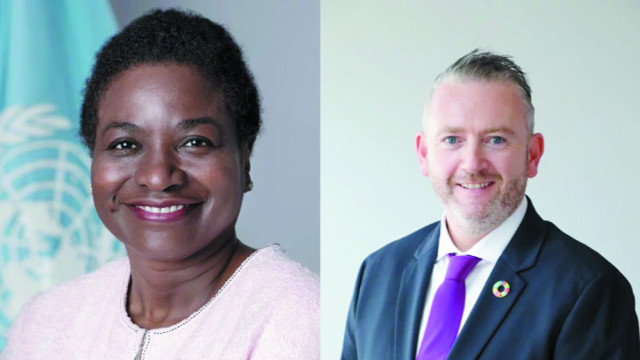
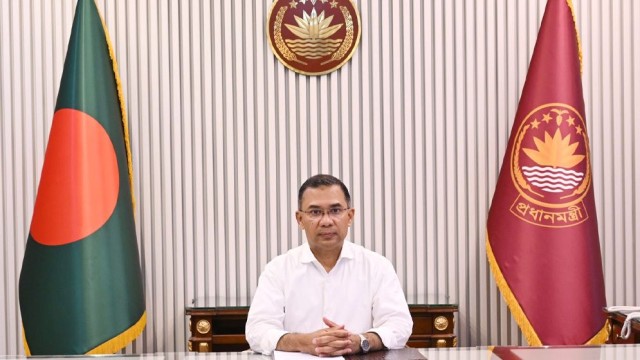
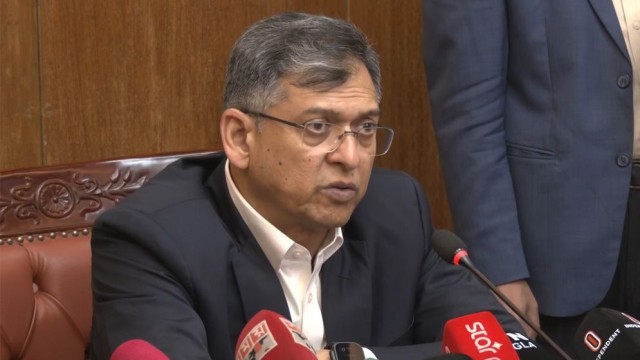
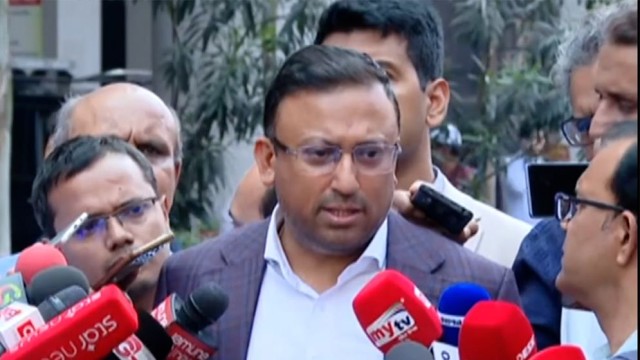





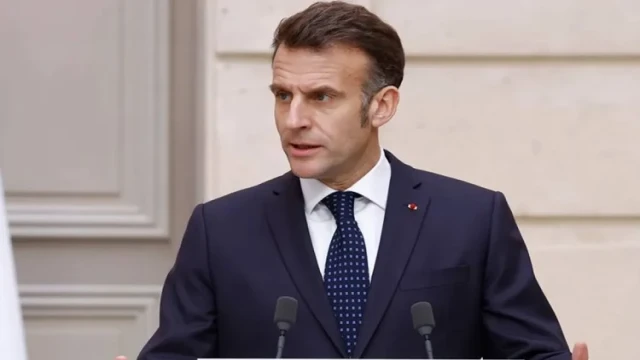

















Comment: